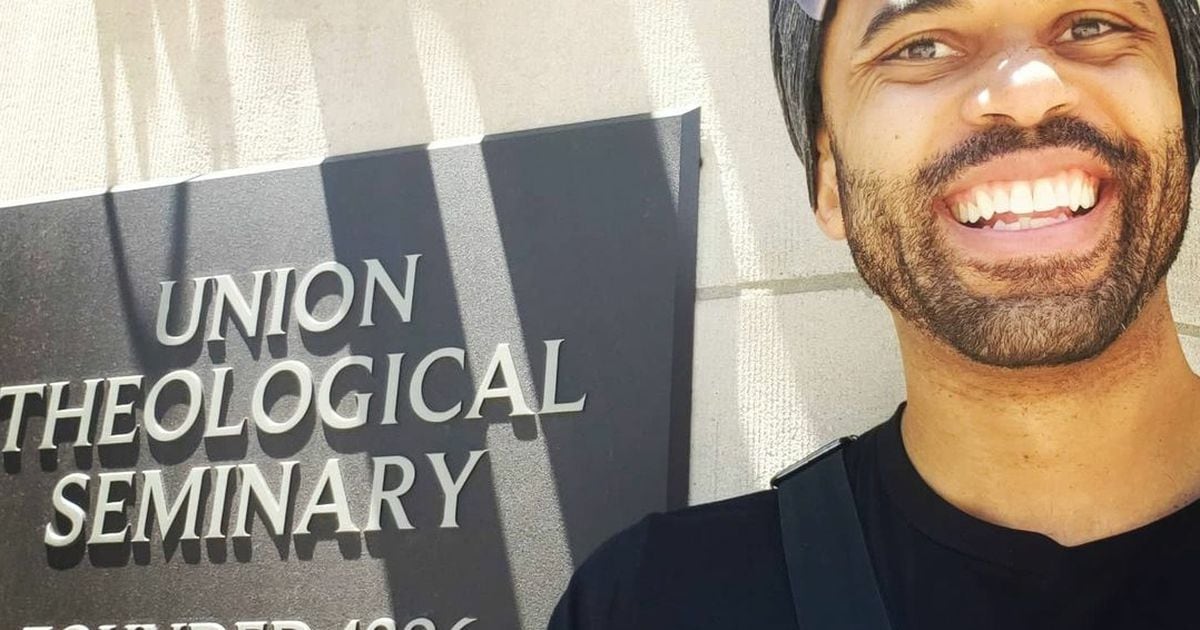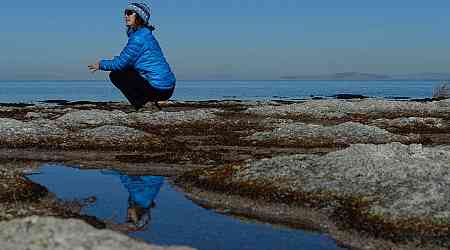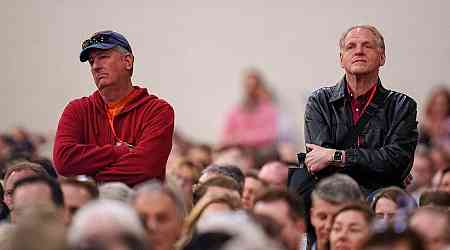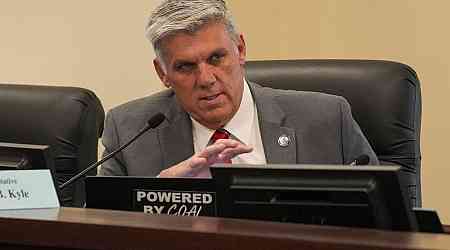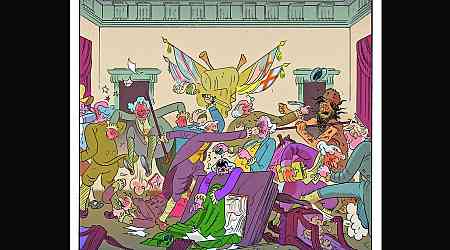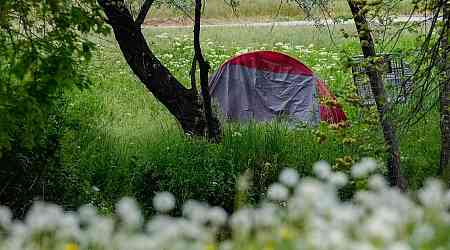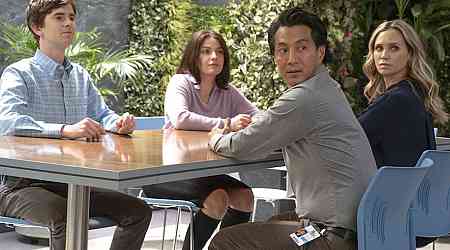Uniformity is not unity, James Jones wants his fellow Latter-day Saints to know — and the latter can be found only within a society where there are no marginalized.
The 36-year-old theologian is knee-deep in his second degree from New York’s Union Theological Seminary, where he has spent the past three years razing and rebuilding his definition of what it means to be a disciple of Jesus in today’s world.
The Salt Lake Tribune caught up with Jones to learn more about how formal theological training has compared to his religious education growing up in The Church of Jesus Christ of Latter-day Saints, plus what more he believes leaders of the Utah-based faith could and should be doing to root out racism among the membership.
The following has been edited for length and clarity:
What are some of the lessons you learned in divinity school that have transformed your scripture study and worship?
Jones • As far as scripture study, I’ve learned that there are always more questions to ask beyond what’s merely in the text. There’s this expression, “a text without context is a pretext.” You’ve got to ask: Who wrote the text? Who is the audience? Who is teaching it? Who did it serve when it was originally written? Who is it serving now?
The scriptures, particularly the Hebrew Bible, were written by oppressed and exiled people, many of whom were anti-imperialist and anti-capitalist — the exact opposite of the institutions and individuals often found teaching them in America today. So these are questions we’ve got to ask ourselves.
As far as worship, I have come to a visceral understanding of the extent to which the emulation of Christ and living Christianity’s most fundamental ethics is. It’s far more active than just going to church or the checklist that Latter-day Saints place a premium on.
What ultimately determines whether we are going to heaven or hell isn’t that checklist. It’s how we treat other people. If you look at Matthew 25, for example, with the parable of the sheep and the goats, there is nothing in it about how often you go to church. Instead it asks: Did you feed the hungry? Did you give water to the thirsty? Did you visit people in prison or in the hospital? Did you welcome the foreigner?
So worship, for me, is ultimately not an act of ecclesiastical fealty but an act of right living, right relationship with the community and people around you.
Is being actively engaged in a faith community central to Christian worship? Or is that a vestige of a different time?
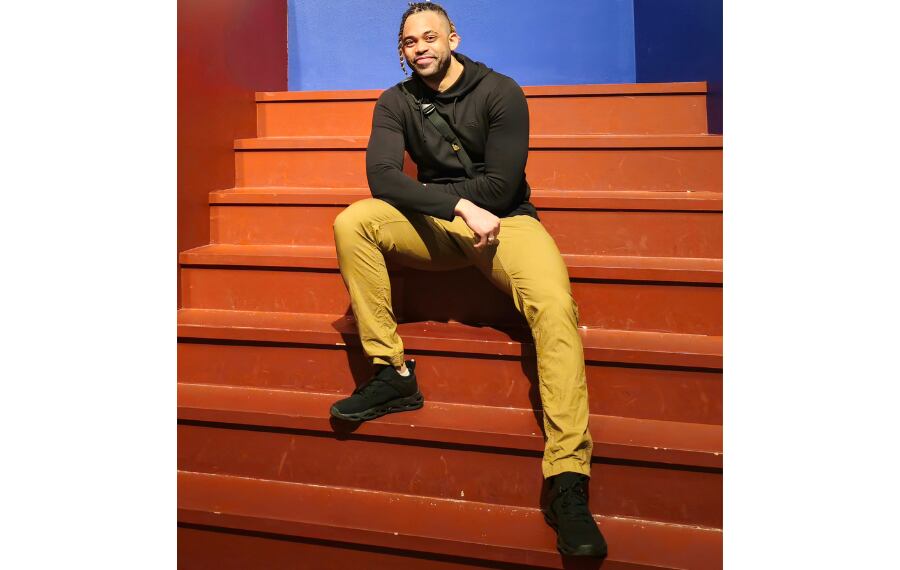
Jones • Christianity is definitionally an interdependent enterprise. The most effective work performed by Christians has been done in community. That’s also where the biggest harm is done, but the best work is still done in community. That is our best shot at spreading the gospel message and feeding the hungry.
Who are your influences, the people you really admire both within and without the Latter-day Saint tradition?
Jones • When I encountered Marvin Perkins and Darius Gray, their work on Blacks and the scriptures, including the work around skin color, curses and other problematic verses, that was instrumental to my staying in the church and believing that there was a place for me in the church as a Black person. Neither one would call themselves theologians, but they are doing the work of theology.
As far as other trained theologians in the church, top of my list are definitely Rev. Dr. Fatimah Salleh and Margaret Olsen Hemming, the authors of “The Book of Mormon for the Least of These.”
They are doing the work that I want to do of breathing life into the scriptures, particularly for people on the margins, making a sacred text like the Book of Mormon really come alive for us. I can’t credit anybody with reinvigorating my faith in the Book of Mormon more than these two.
As far as outside the church, my first brush with anything related to Black theology was James Cone. He was one of the first people to systemize a theology around validating Black people.
The Latter-day Saint faith has a long tradition of emphasizing its own religious education — classes at Brigham Young University, seminary, Institutes of Religion — over traditional theological training. Having now experienced both, what are some of the similarities and the differences between the two?
Jones • As far as similarities, at the end of the day, we’re all trying to understand some of the same texts better, and I know from having done institute and seminary and taken religion classes at BYU that Latter-day Saints are honestly trying to do that.
A major difference is the supplemental materials used as part of that process. The Doctrine and Covenants tells us to seek wisdom out of the best books. But for every institute class, every BYU religion class I’ve ever taken, the primary texts were student manuals and the sacred texts themselves. I think it says a lot that we don’t really wrestle with the text beyond what Latter-day Saint leaders and student manuals, a leader-approved resource, say about them.
That’s the biggest difference, the capacity for scrutiny of our texts or of the conventional wisdom or what has already been said about them. That was nonexistent within the context of my church education and is ever-present in my theological education.
Why do you think that is, that emphasis in church education within the Latter-day Saint institution on church leaders’ interpretation of the scriptures?
Jones • The church has way too much to lose by entertaining criticisms or ideas that could just highlight its infallibility. They would have to relinquish power in ways that they just don’t want to. So much about institutional religion, and I say this carefully, is about control and keeping people in line.
Recently, general authority Seventy Christophe G. Giraud-Carrier became the latest in a growing list of top Latter-day Saint leaders to warn members about the sin of racism. Do you see these statements as having any impact, in your experience? Is there anything else you wish leaders would say?
Jones • Saying racism is bad is the bare minimum. It’s also very easy and very reasonable to expect racism as a disqualifier from the temple [which Giraud-Carrier said in his speech]. Who wants to share the temple with a racist? I certainly don’t.
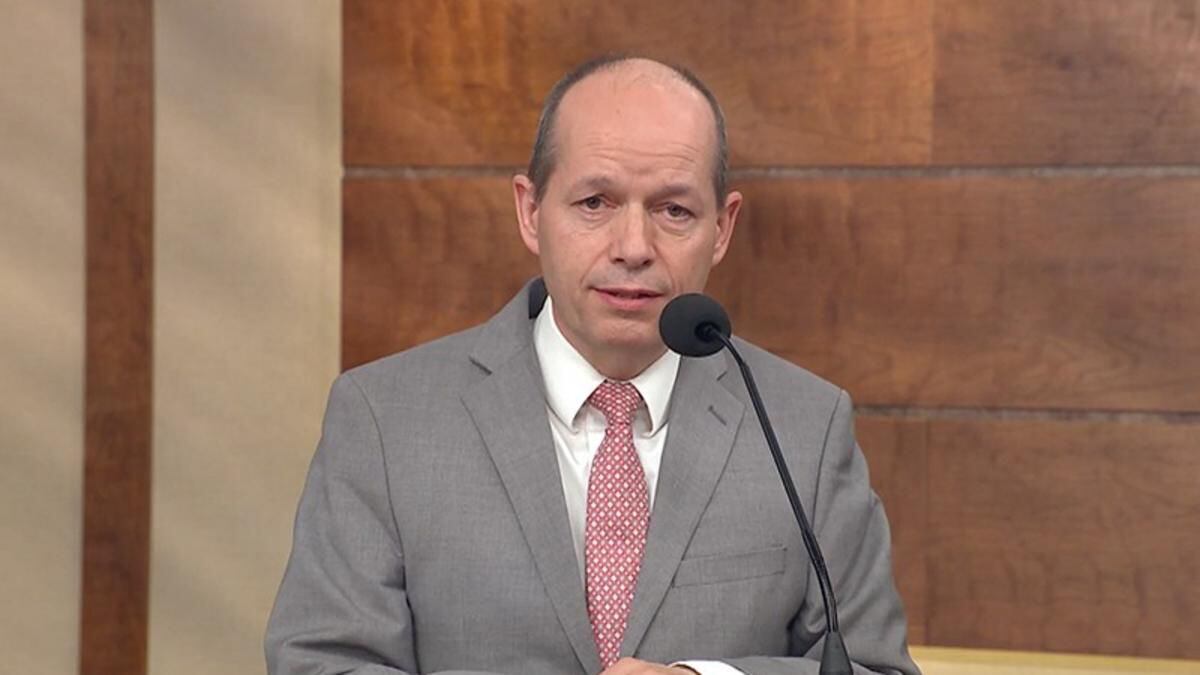
The problem is that a lot of people don’t really understand what racism is, how deeply it runs or all the ways in which it manifests itself. And once we decide it includes more than wearing a [Ku Klux] Klan hood and burning crosses or calling someone racial slurs, then the conversation gets much harder.
I don’t know anybody who disagreed with President Russell M. Nelson when he denounced racism in 2020. I wish he would do more than tell people not to be racist. That’s a very easy thing to do. I don’t think that is being prophetic. It would be a lot more impactful if he were to directly address how we have propagated racism, how we as a church have allowed it, and then work earnestly to teach people how to unlearn the racism in themselves and the church.
What would you say to those who say Jesus prioritized unity over diversity?
Jones • I’ve heard that in response to cries for social justice or just better conditions for marginalized folks in general. And I don’t feel like people really understand what unity is when they say we want to prioritize unity over diversity. Because way too often, what people mean when they say unity is actually uniformity. They’re asking others to overlook the unique challenges and experiences of marginalized groups.
Unity doesn’t allow for systemic inequalities or injustices. For us to be truly unified, we have to take into account the existing power imbalances that contribute to inequality.
And while Jesus may not have used the word “diversity,” his church was compared to a body made up of necessarily different parts for its “proper function.”
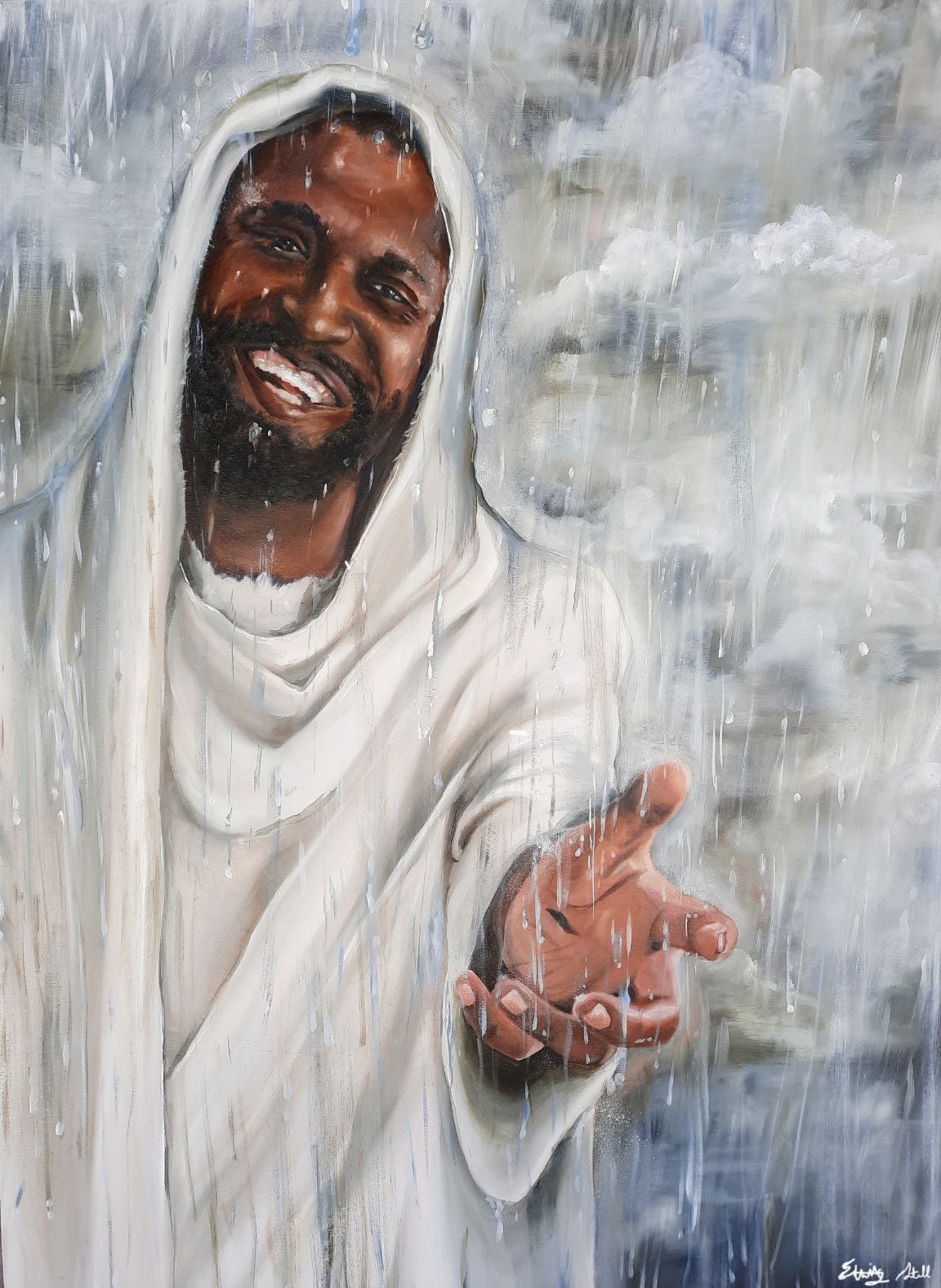
Editor’s note • This story is available to Salt Lake Tribune subscribers only. Thank you for supporting local journalism.


















